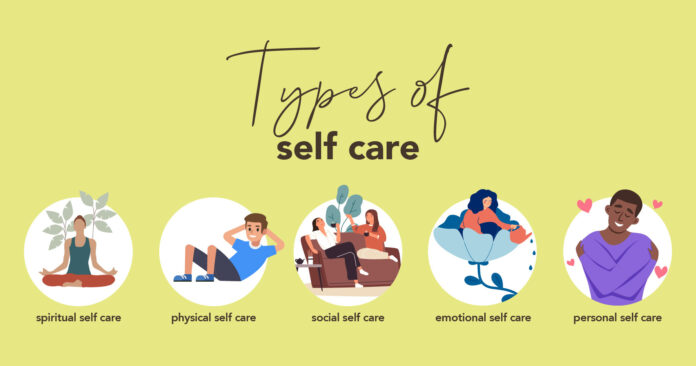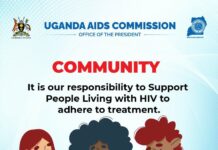By URN
As the Ministry of Health (MOH) intensifies its campaign urging people to take charge of their health through an approach called self-care, experts express concern that this may lead to an increase in individuals seeking prescription medications over the counter.
Speaking to URN in an interview Dr Charles Olaro, the Director of Health in charge of Curative services in the ministry says if well utilised, self-care will help prevent disease and solve the challenge of crowding in health facilities as they already know that 70 percent of diseases handled in hospitals today are preventable.
Globally, Self-care is being promoted by the World Health Organisations to enable countries to come up with innovative solutions for disease treatment and prevention without much intervention from healthcare workers considering the challenges of shortages of human resources for health.
Worldwide, an estimated shortage of 18 million health workers is anticipated by 2030, a record 130 million people are currently in need of humanitarian assistance, and disease outbreaks are a constant global threat. At least 400 million people worldwide lack access to the most essential health services, and every year 100 million people are plunged into poverty because they have to pay for health care out of their own pockets.
Olaro says that globally they are trying to find solutions beyond the conventional health sector response and at Uganda’s Ministry of Health he says they have identified priority areas for self-care as Non-Communicable Diseases, adolescent health, interventions for older persons, family planning, antenatal care, post-abortion care and sexually transmitted infections.
But, Dr Mary Nalubega Mukasa a doctor at Mulago referral hospital worries that while the initiative is well-intentioned to could deepen the challenge of self-medication which is already at worrying levels. She notes that already, the elite are using Google to treat themselves and with self-care, this can get worse.
However, Dr Roseline Achola who is in charge of Self-Care promotion at the Ministry, fears of self-medication shouldn’t arise if proper awareness is made because large aspects of the intervention do not need medicine but simple practices such as nutrition, physical exercises, use of contraceptives and other non-clinical practices that promote wellbeing.




